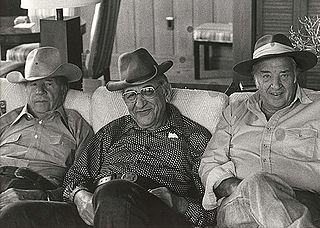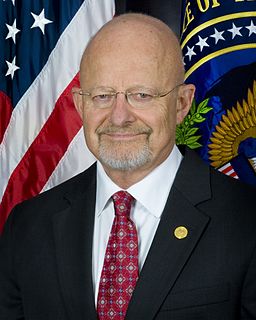A Quote by Peter Bergen
Syria is attracting a lot more Westerners than the Iraq War ever did because it's the perfect Sunni jihad.
Related Quotes
I mean, all of these things that [Bashar Assad] has done, there's no way even if President Obama wanted to just play along that you could actually achieve peace, because there are 65 million Sunni in between Baghdad and the border of Turkey, Syria, and Iraq, who will never, ever again accept Assad as a member - as a legitimate leader.
I think I have great knowledge of - for military, and I think I have better vision for Syria than a lot of the so-called great military geniuses that are saying how to fight the war with Syria. In my opinion, they're doing just the opposite. Are we going to start World War III over Syria? Are we going to be there for the next 40 years?
If ISIL were to substantially increase the priority it places on attacking the West rather than fighting to maintain and expand territorial control, then the group's access to radicalized Westerners who have fought in Syria and Iraq would provide a pool of operatives who potentially have access to the United States and other Western countries.
The Western alliance should have supported the Sunni opposition against the Assad regime from the beginning. As far as Iraq is concerned, if it had stayed stable the way it was in 2008, IS would not have been able to expand in Iraq the way they did. The mistake was that Barack Obama withdrew the armed forces from Iraq too fast.
If you look in the Muslim World right now, the Shia, the Sunni Muslims are standing at the brink of a pit of fire started by Western intervention and influence in pitting them against each other by exploiting their divisions. So the stage is set for war in that area of the world that would destroy that area as completely as what they are calling the failed state Libya making Syria, Afghanistan and Iraq failed states.






























